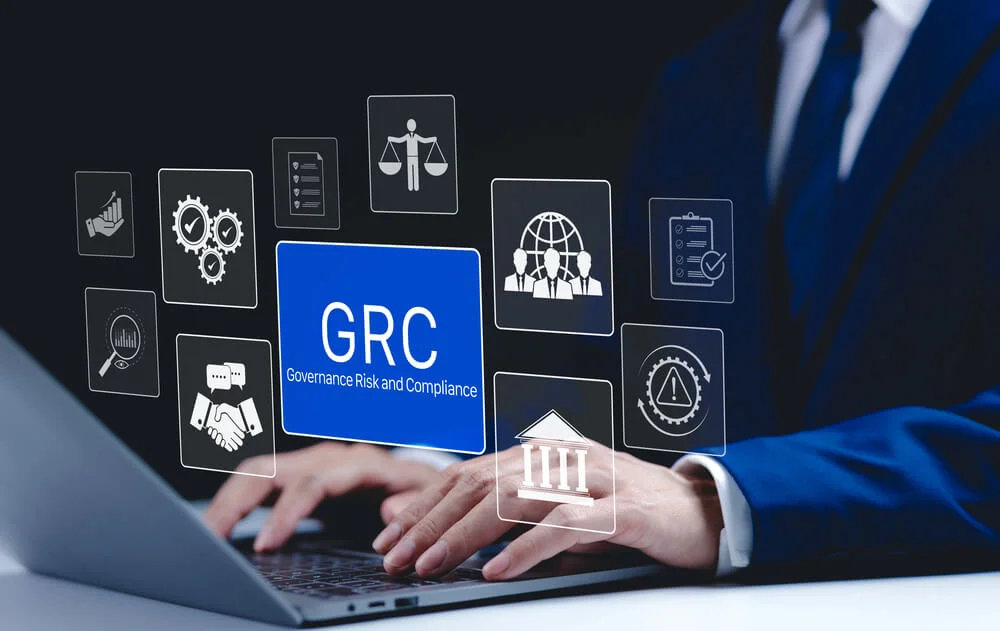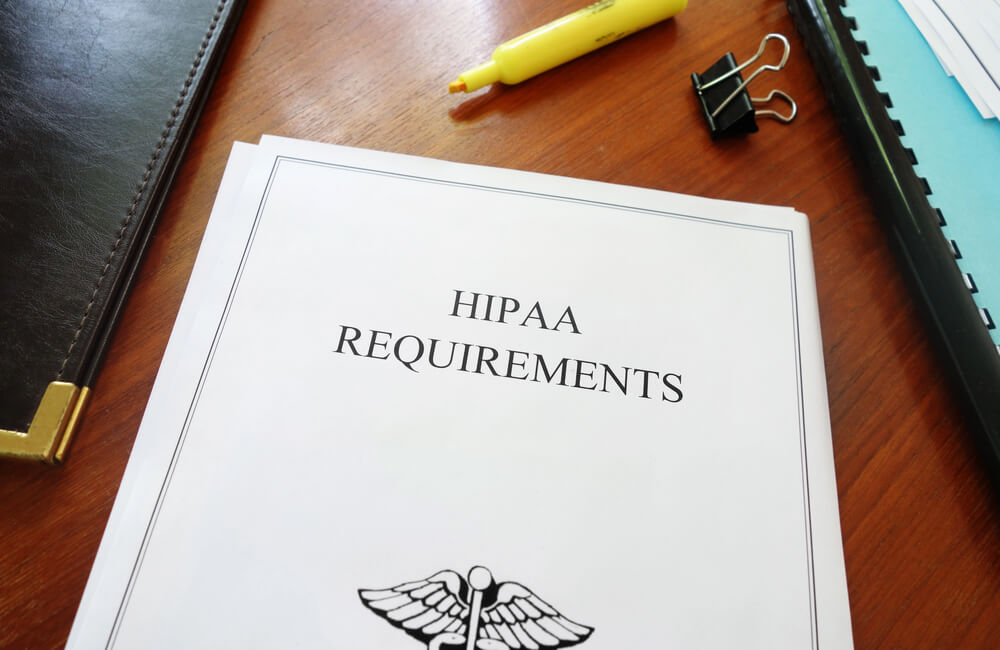Do You Need To Provide Security Assurances?
An organization might consider obtaining a SOC 2 (Service Organization Control 2) certification for several reasons.
First and foremost, SOC 2 is a widely recognized standard for assessing and communicating a service organization’s security, availability, processing integrity, confidentiality, and privacy controls. SOC 2 compliance demonstrates to customers, partners, and stakeholders that an organization has implemented effective controls to safeguard their sensitive information and maintain the reliability and security of their systems.
Additionally, a SOC 2 report can help an organization meet its regulatory and compliance obligations, such as HIPAA, PCI DSS, or GDPR. SOC 2 certification provides an independent third-party attestation of an organization’s controls and practices, which can help to reduce the burden of compliance audits and reviews. Lets look at some of the common signals that would suggest your organization is ready to pursue a SOC 2.

Customer Requirements
Customer requirements refer to requests or demands made by an organization’s customers for proof or assurance that their data is secure and that their privacy is protected. This is particularly relevant for service organizations that handle sensitive customer data, such as financial institutions, healthcare providers, and technology companies.
Customers are increasingly aware of the risks associated with data breaches, cyber-attacks, and privacy violations, and they are placing more emphasis on the security and privacy practices of the organizations with whom they do business. Many customers are now requiring their service providers to demonstrate that they have implemented appropriate security and privacy controls, often through the use of third-party assessments such as SOC 2.
In many cases, customers may require SOC 2 certification as a condition of doing business with a service organization. SOC 2 reports can provide customers with independent assurance that their service provider has implemented effective controls to safeguard their sensitive information and maintain the reliability and security of their systems. Therefore, service organizations may consider obtaining SOC 2 certification to meet customer requirements and expectations in their respective industries.
Compliance Requirements
Compliance requirements refer to regulations or standards that an organization must adhere to in order to operate legally and responsibly in their industry. These regulations may be specific to a particular industry or applicable to all organizations that handle sensitive data, such as healthcare information, financial data, or personal information.
For example, healthcare providers in the United States are required to comply with the Health Insurance Portability and Accountability Act (HIPAA), which mandates certain security and privacy controls for the protection of patient health information. Similarly, organizations that process credit card payments are required to comply with the Payment Card Industry Data Security Standard (PCI DSS), which specifies security requirements for the protection of credit card data.
In order to demonstrate compliance with these regulations, organizations may be required to provide evidence that they have implemented appropriate security and privacy controls. SOC 2 reports can be used as a tool to demonstrate compliance with these regulations and other industry-specific standards.
Obtaining SOC 2 certification can help organizations meet their compliance obligations by providing an independent third-party assessment of their security and privacy controls. By demonstrating compliance with SOC 2 requirements, organizations can reduce the burden of compliance audits and reviews, as well as provide assurance to their customers and partners that they take security and privacy seriously.
Third-Party Vendor Risk Management
Third-party vendor risk management refers to the process of identifying, assessing, and managing the risks associated with the use of third-party vendors by an organization. Many organizations rely on third-party vendors to provide products or services that are critical to their operations, such as cloud computing services, payment processors, or supply chain partners. However, working with third-party vendors can also introduce new security and privacy risks.
In order to manage these risks, organizations must assess the security and privacy practices of their vendors, and ensure that they have appropriate controls in place to protect sensitive data. SOC 2 reports can provide a valuable tool for third-party vendor risk management, as they provide an independent third-party assessment of a vendor’s security and privacy controls.
By requiring their vendors to obtain SOC 2 certification, organizations can ensure that their vendors have implemented appropriate security and privacy controls, and that they are managing their risks effectively. SOC 2 reports can also help organizations to identify any weaknesses or areas for improvement in their vendors’ controls, and to work collaboratively with their vendors to address these issues.
Overall, third-party vendor risk management is an important aspect of an organization’s overall risk management strategy, and SOC 2 reports can play a valuable role in managing these risks.
Internal Risk Management
Internal risk management refers to the process of identifying, assessing, and managing risks within an organization’s own operations. This includes risks related to the security and privacy of the organization’s systems and data, as well as risks related to other operational areas such as finance, legal, and reputation.
One of the key benefits of SOC 2 certification is that it can help organizations identify weaknesses or areas for improvement in their own security and privacy controls. The SOC 2 audit process involves a detailed examination of an organization’s controls and processes, and can help to uncover potential vulnerabilities or gaps in those controls.
By identifying these weaknesses or areas for improvement, organizations can take steps to strengthen their security and privacy controls and mitigate their risks. This can include implementing new policies or procedures, investing in additional security technologies, or providing additional training to employees.
Overall, internal risk management is a critical component of an organization’s overall risk management strategy, and SOC 2 reports can provide valuable insights and recommendations for improving an organization’s security and privacy controls. By addressing these risks proactively, organizations can better protect their systems and data, reduce the likelihood of security incidents, and improve their overall risk posture.
Competitive Advantage
A competitive advantage is an attribute or characteristic of a business that allows it to outperform its competitors in the marketplace. This can be achieved through a variety of means, including innovation, efficiency, quality, customer service, or brand reputation.
SOC 2 certification can provide a competitive advantage for organizations in a few ways. First, SOC 2 certification can be seen as a mark of quality and reliability, demonstrating to customers and partners that an organization takes security and privacy seriously and has implemented effective controls to protect their data. This can help to build trust and credibility with customers and partners, and may help to differentiate an organization from competitors that do not have SOC 2 certification.
Additionally, SOC 2 certification may be required by some customers or partners as a condition of doing business. By obtaining SOC 2 certification, organizations can ensure that they meet these requirements and are able to compete for business with a wider range of customers and partners.
Finally, SOC 2 certification can provide an advantage in the competitive bidding process. When competing for contracts or projects, organizations that have SOC 2 certification may be viewed more favorably by customers and partners, as they have demonstrated their commitment to security and privacy.
Overall, SOC 2 certification can provide a valuable competitive advantage for organizations by building trust and credibility with customers and partners, meeting customer requirements, and improving their overall competitiveness in the marketplace.
Is your Org Ready?
SOC 2 certification can provide numerous benefits to organizations in a variety of industries. By demonstrating compliance with security and privacy controls, organizations can build trust and credibility with customers and partners, meet regulatory and contractual requirements, and improve their overall risk posture. SOC 2 reports can also help organizations to identify weaknesses or areas for improvement in their security and privacy controls, and to take proactive steps to address those risks. As a result, SOC 2 certification can provide a valuable competitive advantage for organizations, helping them to differentiate themselves in the marketplace and win new business. If you’re interested to learn more, contact one of our security experts here at Compyl.




